The professional development courses are geared to emerging professional areas of training needs. These can spread from the requirement of new regulations and its implementation; areas of need due to a recent crisis or, threat; and also due to introduction of a new technology.
These courses are looking at addressing new challenges faced by the maritime professionals at sea and ashore by enriching their knowledge and skills. The scope includes activities and operations at the shore office, where the ship superintendent is trying to manage a fleet of ships. The management of technology has become a hugely accelerated demon for all maritime professionals today and the regime of life-long learning is here to stay, not just for your need, but as a survival strategy. It is a fact, continual updating of knowledge must be made a part of life for any professional in any industry, not just in shipping.
-
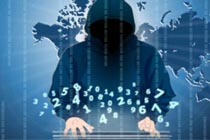
Maritime Cyber Security
IMO Resolution MSC.428(98) (adopted on 16 June 2017), Maritime Cyber Risk Management in Safety Management Systems addresses the need to address cyber security
-
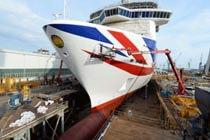
Corrosion and Coating Protection of Ships
This program provides a practical, comprehensive overview for individuals new to the protective coatings industry and the marine managers and port engineers supervising the painting operations for ships under their charge.
-

Ship Superintendent (General)
This program is a comprehensive training portfolio consisting of nine courses for a Ship Superintendent. The courses provide the necessary management skills to supervise and support ship operations, and upkeep and maintenance from ashore.
-
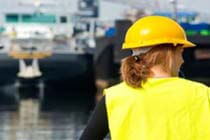
Ship Superintendent (Marine)
Ship Superintendent is one of the most prominent choices of all the other marine jobs present in the market today. Specialized superintendent training is necessary to become good and successful ship superintendents.
-
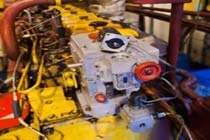
Ship Superintendent (Technical)
Ship Superintendent is one of the most prominent choices of all the other marine jobs present in the market today. Specialized superintendent training is necessary to become good and successful ship superintendents.
-
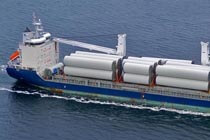
Breakbulk Shipping
Breakbulk cargo is defined as general cargo or goods that do not fit in or utilize standard shipping containers or cargo bins.
-
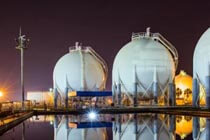
LNG as Marine Fuel
Liquefied Natural Gas (LNG) is a clean and eco-friendly fuel. MARPOL’s Annex VI will require that the sulphur content of marine fuels be reduced to 0.5% by 2020.
-
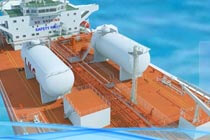
LNG Cargo Operations
Liquified Natural Gas (LNG) is a clean, eco-friendly fuel which has good heating ability (calorific value) and offers greater fuel efficiency when used for domestic or industrial purposes.
-
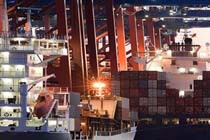
Maritime Logistics
Maritime logistics is the process of moving cargo from its point of origin to its final destination, such as from an overseas manufacturer to a consumer’s store shelves
-
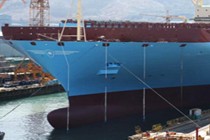
Contract Management for Shipbuilding and Repairs
Contract management for shipbuilding and repairs is a complex process. But will have a buyer and a seller of a promised delivery of goods and services that come in the form of a new ship or a repaired vessel.

